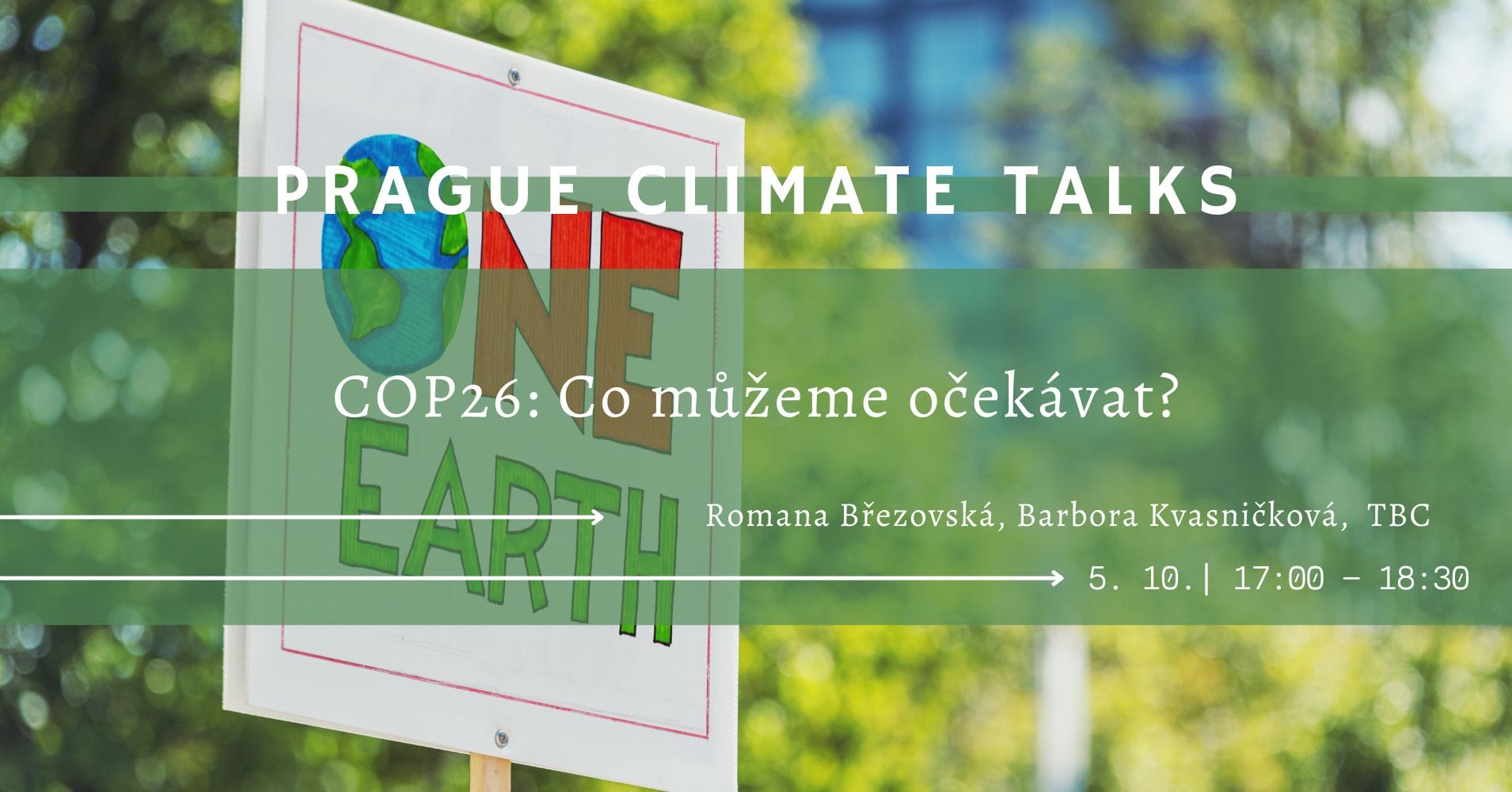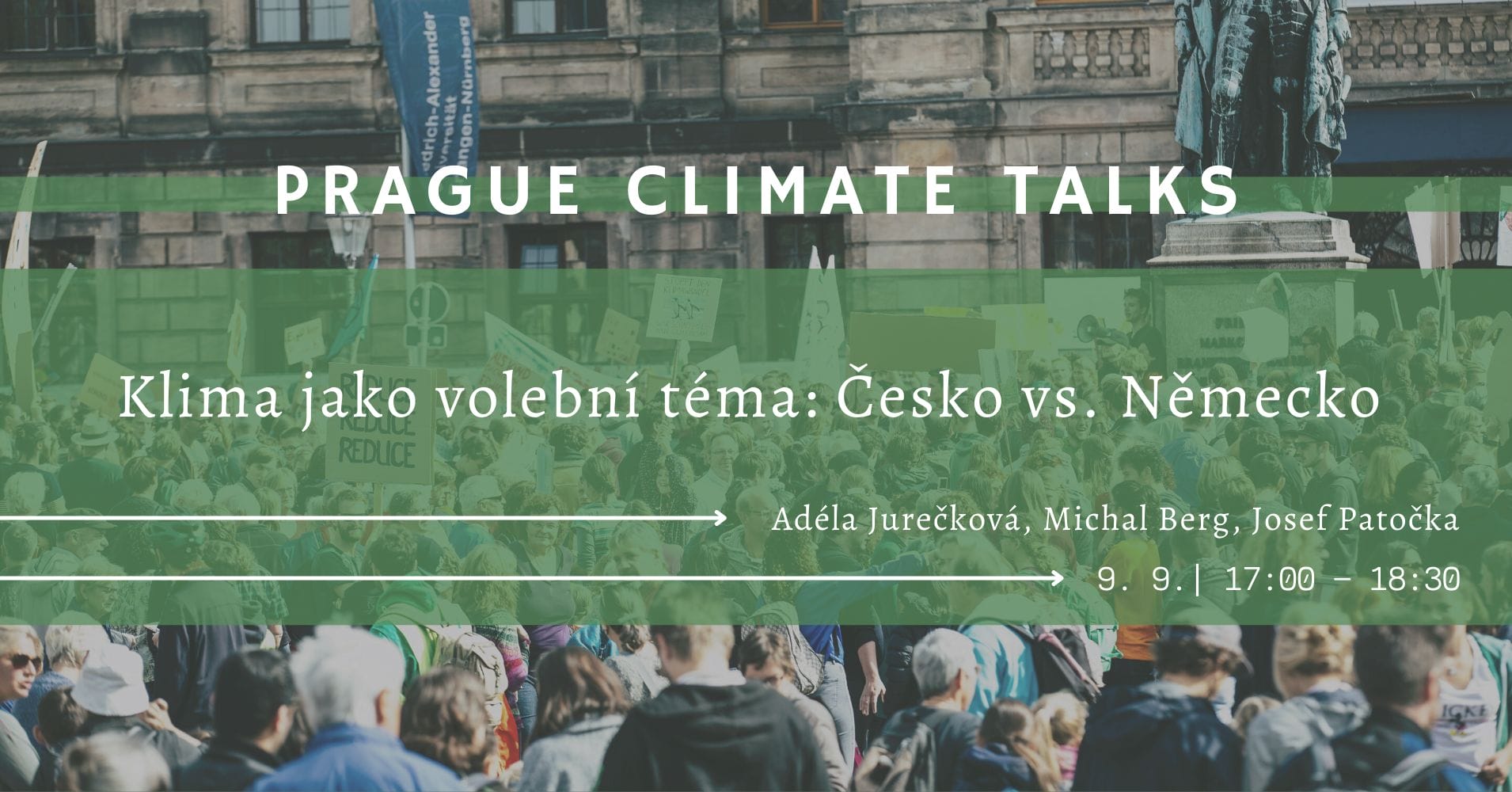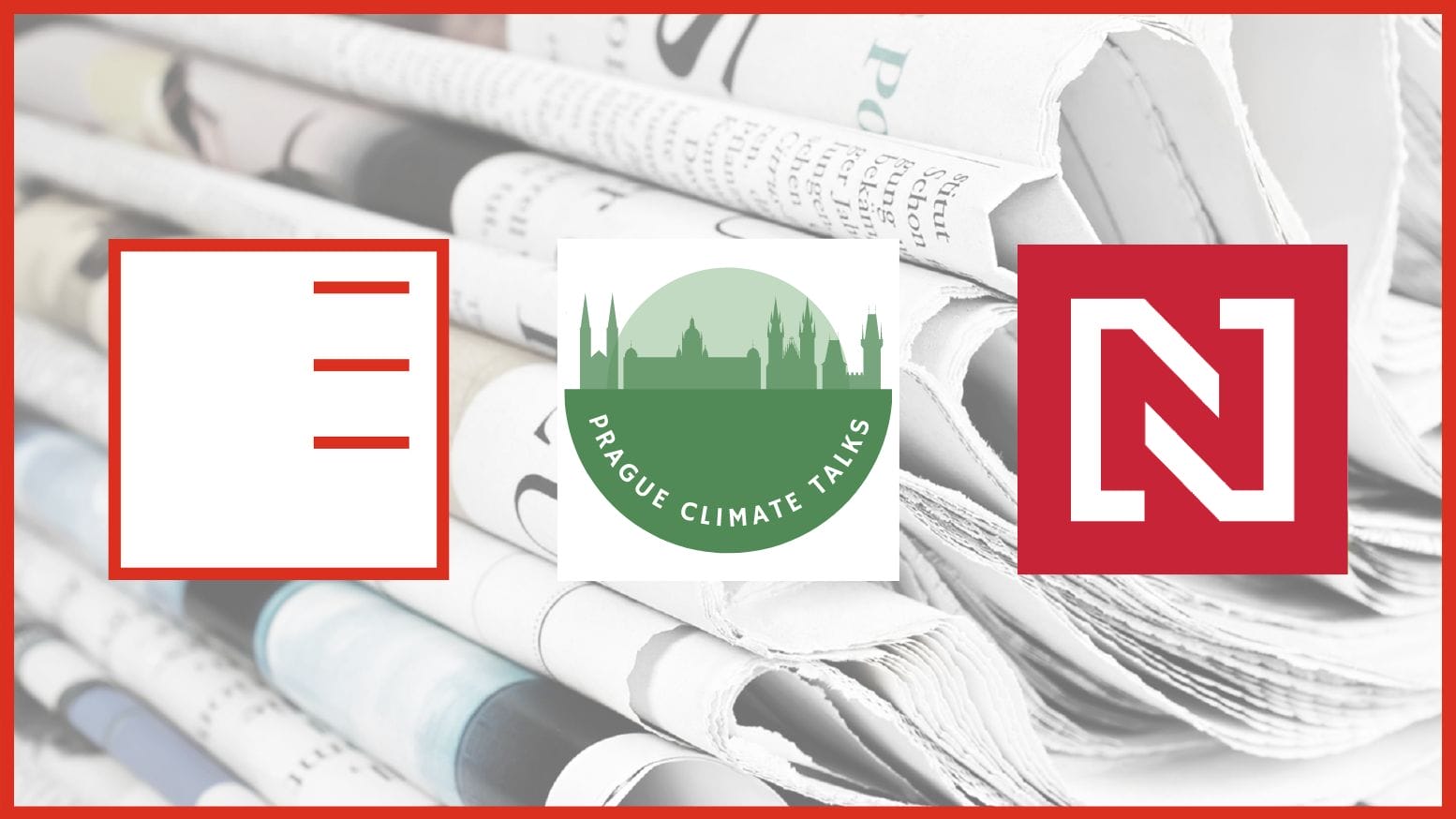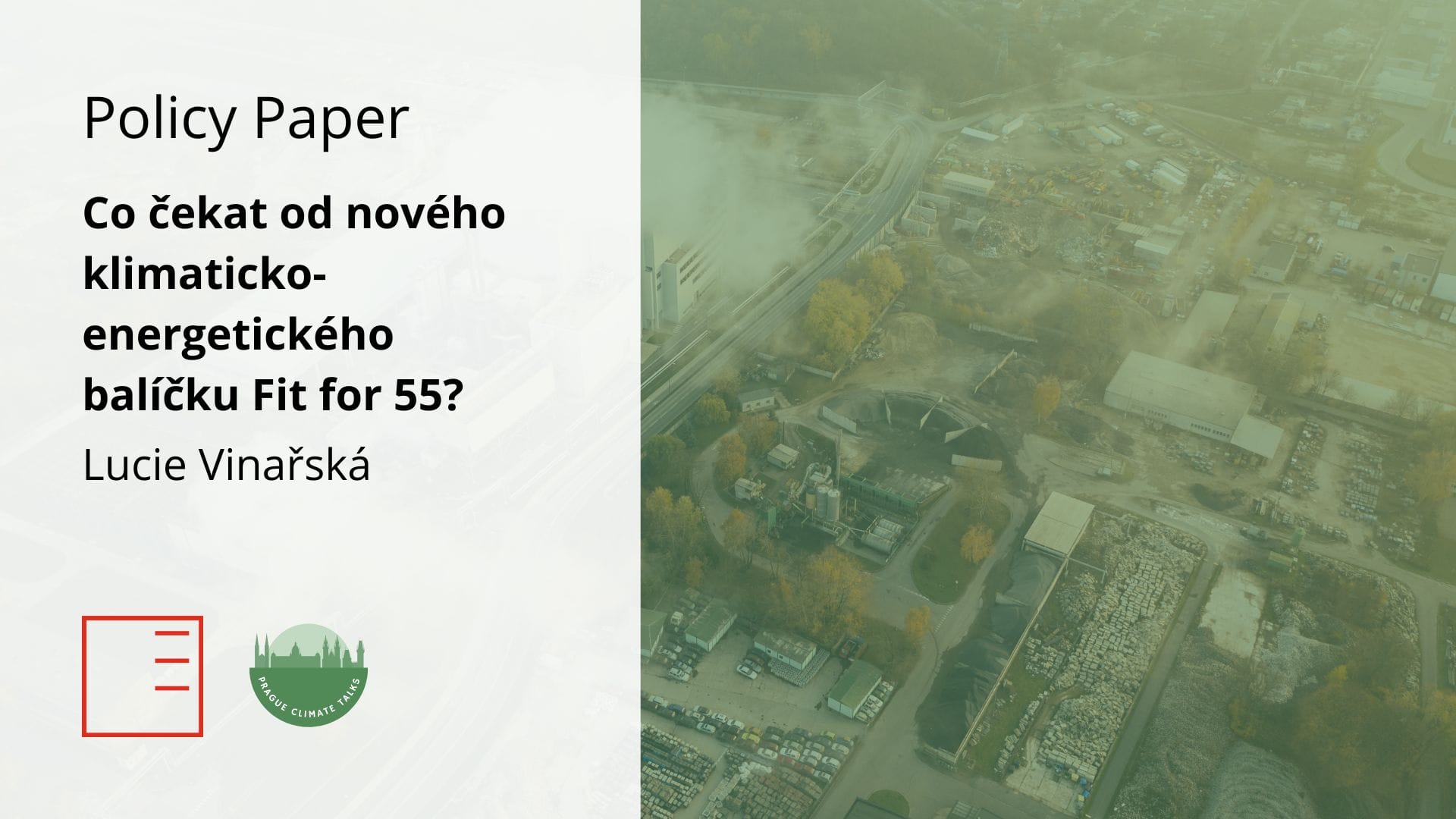Why sustainable consumerism is good but not enough

- In the last few years, great emphasis in climate change debates has been placed on consumers and their personal contribution to the greenhouse gases emissions. Media, internet and scientific studies provided numerous suggestions on how consumers can, through their choices, either help with mitigating climate change or contribute to making it worse. Not governments, not companies, but everyone who has the power to buy and consume is now responsible. In fact, there have never been more people actively making conscious choices for the sake of the environment.
- Although there are many positive aspects of sustainable consumerism and there are areas where the change for the better can be achieved by consumers themselves, relying merely on consumers to solve the global climate change crisis might not be enough.
The main mantra of the so-called zero-wasters is known as the “5R pyramid”: refuse, reduce, reuse, recycle and rot. In other words: refuse the things we don’t need, reduce the consumption of the things we do need, reuse the things we already have, properly recycle the waste we produce, and make sure any biodegradable waste is composted. The rest of the waste that does not fit in the 5R pyramid will unfortunately end up in landfills or be incinerated, creating further greenhouse gas emissions.
Fortunately, the Ministry of the Environment and its “Dost bylo plastu” campaign is not the only campaign aiming at the reduction of plastic waste. Greenpeace and its “Plast je past” (“Plastic is a trap”) campaign aims exactly where it should: on the government, which has the real power to enforce new laws. Unlike the “Dost bylo plastu” campaign, in which consumers are asked for passive support of companies reducing plastic waste, the “Plast je past” campaign tries to motivate people to not only be customers, but also to be active citizens who have the power to change the way things are.
Download the full paper through the PDF button on the right side of this article





